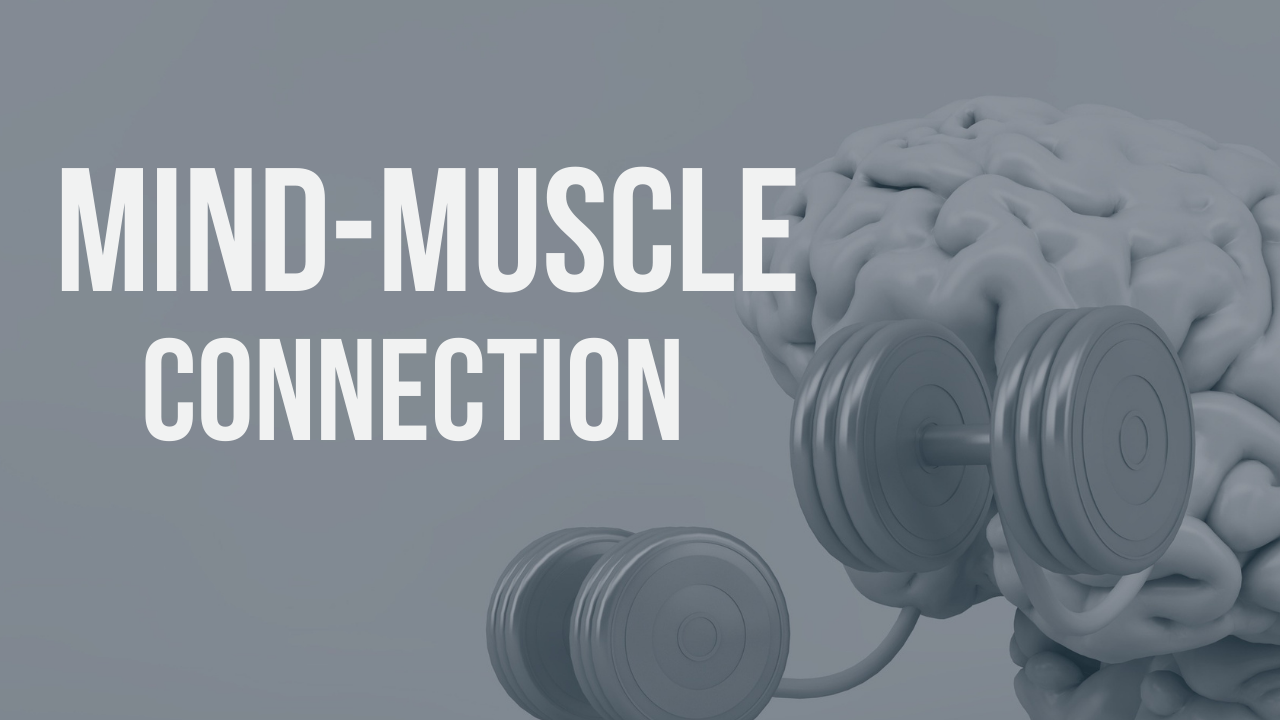
Mind-Muscle Connection: What it is and How to Achieve it
Mar 18, 2022People talk about the mind-muscle connection on social media all the time, but do you actually know what it is and how to do it?
We are all nerds at KJO Coaching, which is why I find this topic so fascinating!
It’s Coach Megan here to chat with you about all things mind-muscle connection and share my tips on how you can increase your mind-muscle connection.
What is the Mind-Muscle Connection?
How cool is it that just thinking about a specific muscle will make it work harder?!
The mind-muscle connection is where you consciously think of and visualize the muscle you are targeting in your movement. When we do this, our brain recruits MORE muscle fibers to ignite in that particular muscle, and that causes a stronger contraction.
The mind-muscle connection requires you to focus the tension you create during a movement pattern, specifically on the muscle or muscle group that should be working. It makes all the difference between passively and actively moving the weight.
By using the mind-muscle connection, we create new neural pathways in our brains that will make our muscles move more efficiently.
More efficient muscle movements mean more muscle gains, and who doesn’t want that?!
How to Achieve a Mind-Muscle Connection
Here are some tried and true tips for achieving the mind-muscle connection. These habits work for me as well as our clients at KJO Coaching.
Give them a try and see what a difference they make to your training.
Focus
First off, make sure you turn off all distractions so you can focus on your movements and the muscles that are supposed to be working.
Listening to music is fine as long as it’s not distracting you, but you can’t be trying to watch a tv show or keep an eye on your kids if you’re trying to achieve mind-muscle connection.
Visualize
When trying to achieve mind-muscle connection, make sure you visualize the muscles you’re targeting.
Get specific with it too! Don’t think legs.
Think hamstrings, quads, calves. Whatever muscle(s) you’re training, think about those and how they work throughout each rep.
Slow Down
Make sure to slow down your movements. Slowing down will increase the amount of time under tension and allow you to focus more on your movements and the muscles you’re working.
Isolation movements are more effective with slower movements, and you’ll know for sure that you’re working the right muscles.
You’ll probably find that you reach your limit sooner than expected, but that’s because your muscles are working harder when you’re moving slower. Plus, this way, you’ll be focusing on your form, so you’ll know you’re doing each exercise correctly.
Flex
Practice flexing your muscles. If you practice flexing the muscles you’re about to work you’ll know what it should feel like when they’re engaged during the exercise.
You can also do this between sets to keep your mind focused on the muscles you’re training.
Touch your muscles
If possible, place a hand on the muscle you’re working. Alternatively, if you’re training with a partner, you can ask them to touch your muscles for you (this is ideal when you’re working muscles you can’t see, such as your back muscles).
Touching your muscles helps you focus on the muscles you should be using during a particular exercise and helps you feel them working.
You don’t have to do this the whole time. I find that touching my muscles for the first couple of reps is enough to engage the mind-muscle connection.
Take Charge of Your Fitness Journey
If you enjoyed learning how to achieve mind-muscle connection and are interested in more about nutrition and strength training, KJO Coaching has the thing for you!
The 4 Week Fit Foundations was designed to help you learn the basics of nutrition and strength training without a coach. You’ll get weekly training, worksheets, assignments, and templates to plug-and-play for YOUR physique, fitness, and health goals.
Does this sound like something you’re interested in?
Enroll in the 4FF program HERE, and you’ll get the program (and knowledge!) for life!
Connect with us!
Email: [email protected]
IG: @coach.meganredgate @kjocoaching
